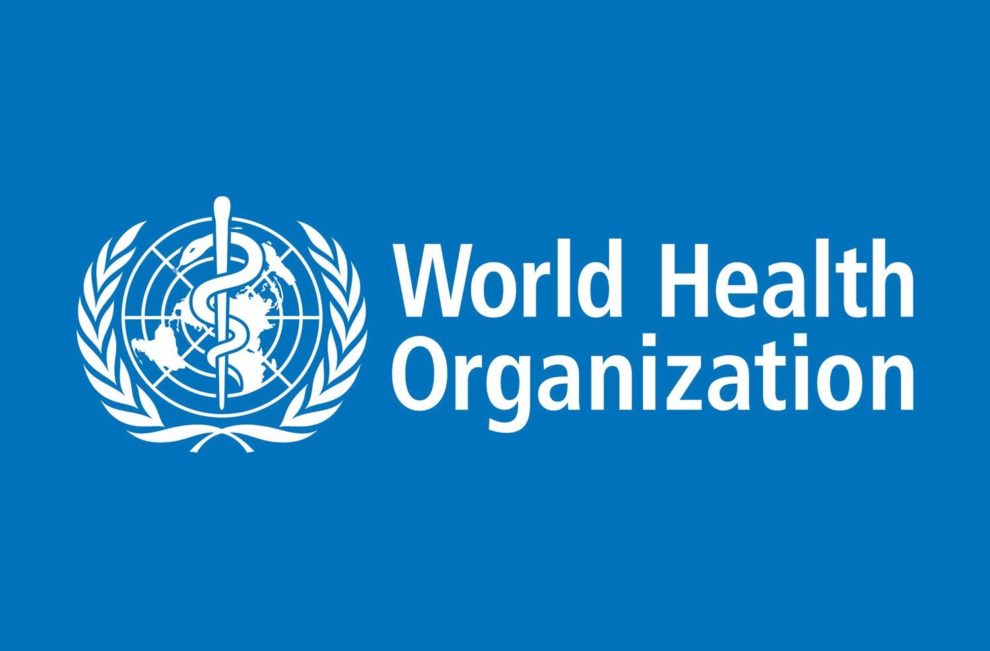The World Health Organization (WHO) reported on Thursday that more than 55 million people worldwide suffer from dementia, a neurological disorder that robs them of their memory and costs the world $1.3 trillion per year.
More than 55 million people (8.1 percent of women and 5.4 percent of men over the age of 65) are currently suffering with dementia.
Dementia is caused by a variety of brain diseases and injuries, such as Alzheimer’s disease or a stroke. It has an impact on memory and other cognitive functions, as well as the ability to carry out daily tasks.
According to the WHO report, the world is failing to combat dementia because only a quarter of countries have a national policy, strategy, or plan for supporting people with dementia and their families.
Furthermore, the global cost of dementia is expected to rise to $1.7 trillion by 2030, or $2.8 trillion when care costs are factored in, according to the WHO.
“Dementia robs millions of people of their memories, independence and dignity, but it also robs the rest of us of the people we know and love,” WHO Director General, Dr Tedros Adhanom Ghebreyesus, said in a statement.
“The world is failing people with dementia, and that hurts all of us. Four years ago, governments agreed on a clear set of targets to improve dementia care. But targets alone are not enough. We need concerted action to ensure that all people with dementia are able to live with the support and dignity they deserve,” he added.
The report also emphasised the urgent need for national support, both in terms of care for people with dementia and support for those who provide that care, in both formal and informal settings.
Primary health care, specialist care, community-based services, rehabilitation, long-term care, and palliative care are all needed for people with dementia.
While the majority of countries (89%) reporting to WHO’s Global Dementia Observatory say they provide some community-based dementia services, provision is higher in high-income countries than in low- and middle-income countries.
Medication for dementia, hygiene products, assistive technologies, and household adjustments are also more accessible and reimbursed in high-income countries than in low-income countries, according to the report.
